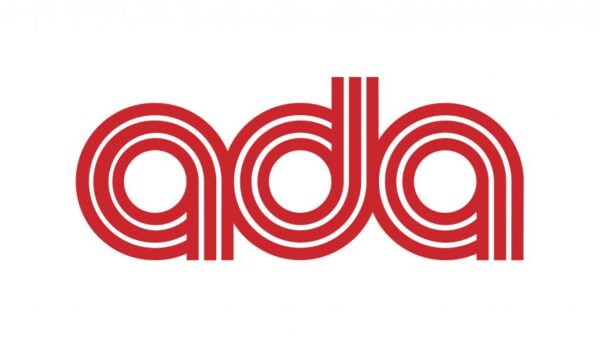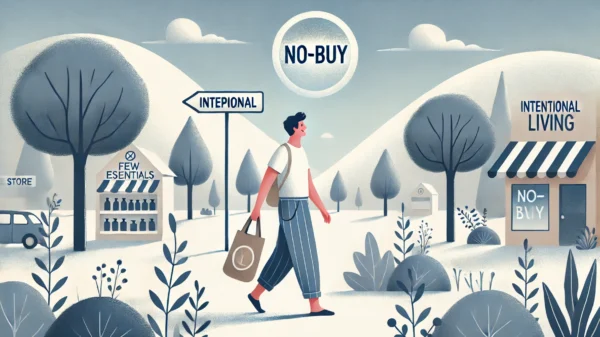In the ever-evolving landscape of the music entertainment industry, there has been a significant shift in the dynamics between major record labels and independent artists. Gone are the days when signing with a major label was the ultimate goal for aspiring musicians. Today, independent artists have more opportunities than ever before to make their mark and reach a global audience.
The Rise of Independent Artists
With the advent of digital platforms and streaming services, independent artists have gained a level playing field to showcase their talent. They no longer have to rely solely on major labels for distribution and promotion. Independent artists can now release their music directly to platforms like Spotify, Apple Music, and YouTube, reaching millions of listeners worldwide.
Moreover, social media has become a powerful tool for independent artists to connect with their audience. Platforms like Instagram, Twitter, and TikTok allow artists to engage directly with their fans, build a loyal following, and create a buzz around their music.
The Changing Role of Record Labels
As independent artists gain more control over their careers, major record labels are adapting to the changing landscape. They are now actively seeking partnerships with independent artists, offering distribution deals, marketing support, and access to their vast networks.
Record labels understand that independent artists bring a fresh perspective and unique sound to the industry. By collaborating with independent artists, labels can tap into new markets and expand their roster of talent.
Additionally, major labels are investing in artist development programs to nurture emerging talent. These programs provide resources, mentorship, and guidance to help independent artists refine their craft and navigate the complexities of the music industry.
The Benefits of Going Independent
While major labels still offer certain advantages, such as financial backing and industry connections, many artists are choosing to remain independent. The benefits of going independent are numerous:
- Creative Control: Independent artists have the freedom to create music on their own terms, without interference from label executives.
- Ownership: Independent artists retain full ownership of their music and have the ability to negotiate favorable royalty rates.
- Flexibility: Independent artists can release music whenever they want and experiment with different genres and styles.
- Direct Fan Interaction: Independent artists can build a direct relationship with their fans, fostering a loyal and engaged community.
- Revenue Streams: Independent artists can explore various revenue streams, such as merchandise sales, live performances, and licensing opportunities.
The Future of the Music Entertainment Industry
As the music entertainment industry continues to evolve, the line between major labels and independent artists will become increasingly blurred. Collaboration and partnerships between the two will become more common, as both sides recognize the value they bring to each other.
Moreover, emerging technologies like blockchain and artificial intelligence are poised to revolutionize the industry even further. Blockchain technology has the potential to streamline royalty payments and ensure fair compensation for artists, while AI algorithms can help discover new talent and personalize music recommendations.
Ultimately, the future of the music entertainment industry is bright and full of opportunities for both major labels and independent artists. As the industry continues to embrace innovation and adapt to changing consumer preferences, music lovers around the world can look forward to a diverse and vibrant music landscape.



































